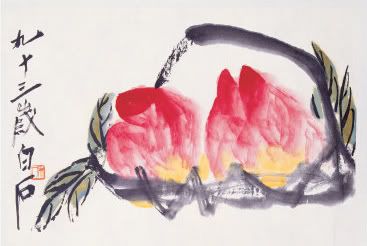Children of immigrants in the West
 |
I haven't written for a while about the cultural adoptions that immigrants and their children make. The untold story is that a larger percentage of immigrants' children feel alienated from their "country," and many end up interacting in ethnic enclaves with like-minded immigrant children to connect with their ancestral cultures. This seems the case in Canada, where multiculturalism and difference is celebrated, and in the U.S. which has more of an assimilationist policy. Here is a post I wrote on Indian immigrant's children, and their incessant activities to connect with their Indian heritage.
I think the reasons are clear. How can children of Chinese immigrants, for example, find a connection with American or Canadian (Western) culture? Their whole experience growing up in their immigrant parents' homes is an Eastern one.
I remember reading something about Lucy Liu, the famous Asian movie star who was in the Charlie's Angels remake. She was born in the U.S. from immigrant Chinese parents. I was shocked when I read that she had never listened to a Beatles song growing up. The Beatles! By age ten, I had a favorite Beatles song. In fact, that has led to a life-long admiration for the Beatles (yes, I am a Beatles people, and more Paul than John).
But, I think there is something more fundamental than simply not accepting the cultures in which these immigrants live. I would think that Chinese immigrants' children prefer Chinese things because they are more suited to their way of thinking and being.
I took Chinese brush painting for about nine months. It was actually a wonderful experience. It is very calming to use those brushes to make different shapes and compositions. But, it never went beyond that meditative experience for me. Chinese brush painting always seemed one-dimensional, flat and unadventurous. Yes, there are beautiful watercolors of flowers and landscapes, but they always seemed more decorative and pleasing, and frankly a little boring. Compare that with a Van Gogh, or a Caravaggio, which push one's intellectual as well as artistic limits.
Here is an article which describes a cultural center for Chinese immigrant children in California. The students are school-age, and it is clearly a case where the parents want them to be immersed in Chinese culture from a young age.
But, I think it goes deeper than that. It goes deeper that wishing to communicate with a Chinese grandparent, or traveling to China with adequate Chinese language skills. Even if the parents had not provided these cultural centers, these children would still search for those things that make sense to their being.














